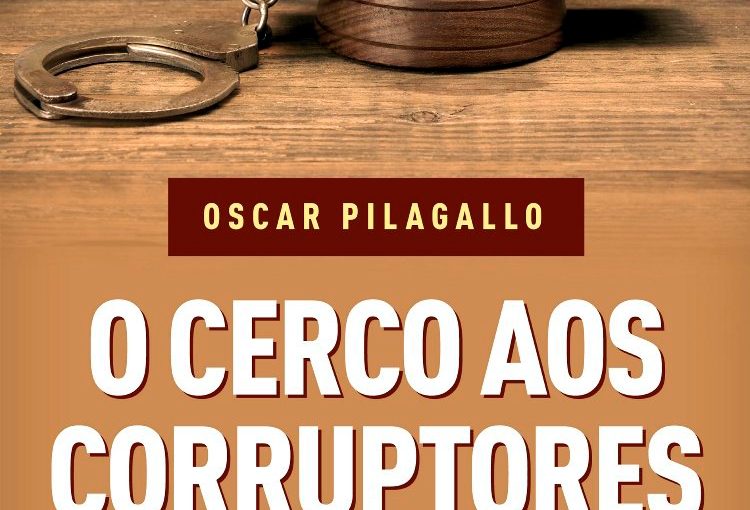MP signed in December speeds up agreements with investigated companies.
TCU Minister ordered the government to clarify the text to the court.
The Comptroller General of the Union (CGU) and the Attorney General of the Union delivered explanations on the afternoon of Thursday (14) about the provisional measure of the leniency agreement, signed by President Dilma Rousseff on the 18th of December. Read the full document delivered to the court here.
With the justification of avoiding layoffs in the business sector, the MP implements new rules to speed up leniency agreements, those in which, in exchange for reducing the penalty or even the elimination of fines, a company involved in some type of illegality denounces the scheme and undertakes to assist a public agency in the investigation.
In a note, signed by the two bodies, the government states that, “instead of limiting TCU's participation in leniency agreements, the MP implements the legal provision for the performance of the courts of auditors, including that of the Union, since there was no previously mentioned such participation in any legal diploma ”(see the full note at the end of this article).
“It is worth noting that among the three points required by the Public Prosecutor's Office with TCU, two were already being observed by the federal government, namely, the non-binding of TCU to the leniency agreement and the observance of the external control work already carried out by the court. Regarding the compatibility between the internal rules of the TCU and the Anti-Corruption Law amended by the provisional measure, both AGU and CGU understand that it is fully attainable ”, state the bodies in the note.
Source: G1 (14/01)
Click here to read the full article




